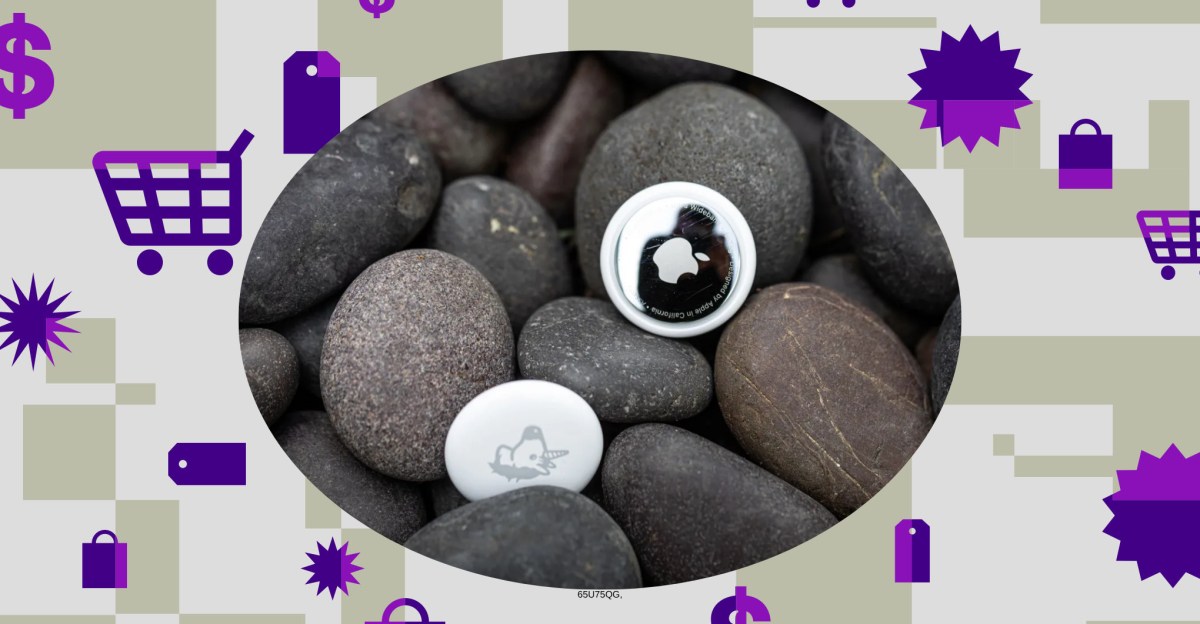From 25 October 2025 to 25 March 2026, the world’s top skiers will compete in more than 70 races across four disciplines (Slalom, Giant Slalom, Super-G, Downhill) in the 2025/26 FIS Alpine Ski World Cup season.
The circuit will pause from 6-22…

From 25 October 2025 to 25 March 2026, the world’s top skiers will compete in more than 70 races across four disciplines (Slalom, Giant Slalom, Super-G, Downhill) in the 2025/26 FIS Alpine Ski World Cup season.
The circuit will pause from 6-22…


In mid-September 2025, the Friedrich-Loeffler-Institut (FLI)—Germany’s Federal Research Institute for Animal Health—hosted the NATO-supported Advanced Research Workshop (ARW) titled “Update on Bacterial Biological Agents in…

Anastasiia Metelkina and Luka Berulava closed out the pairs’ free skate at the 2025 Cup of China in Chongqing, People’s Republic of China, on Saturday, 25 October, with a stunning performance to Jonathan Roy’s “Keeping Me Alive” that sealed…
UNITED NATIONS: The Global Governance Initiative (GGI) proposed by Chinese President Xi Jinping provides important guidance for the future development of the United Nations, China’s Permanent Representative to the United Nations (UN) Fu Cong…

Jack Lisowski compiled three centuries as he comprehensively defeated Zhou Yuelong 6-1 to book a place in the Northern Ireland Open final against Mark Allen or Judd Trump.
The world number one and the Antrim player will contest the second…

A recently published, national case-control study of more than 100,000 nursing home residents with Alzheimer disease and related dementias (ADRD) revealed that benzodiazepines and antipsychotic use is associated with increased risk of 180-day…

By Charles Passy
A new survey points to a growing tipping backlash as 65% of Americans say they’re fed up with doling out those dollars
The tip screen has become a fact of life at many businesses – and customers aren’t crazy about it.
Have Americans reached a tipping point when it comes to tipping?
A new consumer survey from Popmenu, a technology company that services the restaurant industry, suggests as much. The key data point: 65% of Americans said they’re fed up with tipping – a notable increase from 2023, when 53% said they had reached that point.
Americans seem to be especially bothered by the fact so many businesses have their hand out for tips, from quick-serve restaurants to dog-grooming establishments and vehicle-repair shops. Consumers said that in the past year, they spent $150 on tips they felt were unnecessary, according to the survey.
“People are saying, ‘I don’t know what to tip for any more,’” Popmenu CEO Brendan Sweeney told MarketWatch.
On top of that, the suggested tip amounts shown on now-ubiquitous “tip screens” can be 30% of the purchase price, or even more in some instances, said etiquette expert Nick Leighton.
“The suggested amounts can sometimes be bonkers. A $1, $2 or $3 tip suggestion on a $3 cup of coffee is a 33%, 66% or 100% tip,” he said.
Add it up and we could be looking at the beginning of a consumer tipping backlash, if not a full-scale revolt, experts say.
“People are totally over it,” said Izzy Kharasch, president of Hospitality Works, a Chicago-based restaurant-consulting firm.
Kharasch is part of that change in behavior. He said he generally doesn’t leave tips when he’s ordering a coffee or a muffin at a quick-serve establishment. It’s what he describes as the new norm – being “tip choosy.”
Consumers said that in the past year, they spent $150 on tips they felt were unnecessary.
The tipping boom started a few years ago, according to hospitality experts and others. Part of it was fueled by new technology: point-of-sale systems that built tip screens into the checkout process.
Another part was the growing awareness of the financial and other challenges that service workers face. That became particularly evident during the pandemic, when such employees were often told to show up for their jobs despite the health risks.
Tipping was “a meaningful way to thank service workers during an incredibly difficult time,” said Deidre Popovich, associate professor of marketing at Texas Tech University.
But now that we’re a few years past the pandemic, that concern may not be as significant, experts say. In addition, inflationary pressures have prompted many businesses – restaurants especially – to raise prices. So if consumers are having to pay more for their purchase, they may be less inclined to tip.
It’s also possible the new “no tax on tips” deduction – something Donald Trump touted heavily during the presidential campaign – could result in some consumers deciding to tip less. Certainly, it’s a point that’s been raised on social media.
Finally, there are just those people, like Kharasch, who simply question if all services merit a tip of any kind, much less a sizable one.
“I’m so over tipping. It’s gone too far,” business owner Alitzah Stinson said in a TikTok video that has drawn hundreds of comments. Specifically, she addressed issues with tipping when ordering a breakfast smoothie – before she’s even tasted the drink and decided whether it was good or not.
“It’s a smoothie. It’s not like a sit-down restaurant,” she added, before sharing one of her new “rules” for tipping. “I am not tipping anywhere where they ask me to tip before I’ve experienced the service,” she said.
What might happen if the tipping backlash becomes more significant?
Experts say that merchants may have to adjust expectations of what people will tip and, at the very least, lower the suggested amounts on those tip screens. Or they can simply opt to charge more upfront and build the tip into the overall price.
The Popmenu survey suggested the latter option would be an appealing one for many consumers, with 62% saying they would rather spend more for food and drink if it enabled restaurants to provide higher wages for their employees and do away with tipping entirely.
The status quo may prevail, tip screens and all, but consumers may begin to decide whether they really want to tip 30% or if they will just skip the gratuity altogether, experts say. Or perhaps consumers will find a middle ground that feels comfortable.
Either way, it appears they may no longer tip without discretion, said Popmenu’s Sweeney.
“I think it will get to where people say, ‘I’m going to have my own rules,’” he said.
-Charles Passy
This content was created by MarketWatch, which is operated by Dow Jones & Co. MarketWatch is published independently from Dow Jones Newswires and The Wall Street Journal.
(END) Dow Jones Newswires
10-25-25 1110ET
Copyright (c) 2025 Dow Jones & Company, Inc.

Apple’s AirTags have become one of my essentials while traveling, namely because they let me check whether my luggage is in the right place instead of panicking at the baggage claim. And right now, you can get a four-pack of AirTags at Amazon…

Popular (BPOP) posted a 46.5% earnings growth over the past year, representing a sharp turnaround from its longer-term average decline of 3.4% per year. With net profit margins rising to 27% compared to 20.2% last year, investors saw a meaningful boost in profitability and operational efficiency. Looking forward, the setup includes forecasts for continued growth, attractive valuation multiples compared to peers, and an improving value proposition for shareholders.
See our full analysis for Popular.
The next section puts these headline numbers in context by measuring them against the main market narratives that shape how investors view Popular’s future potential.
See what the community is saying about Popular
Net profit margins currently stand at 27%, up from 20.2% the prior year. This reflects a significant step up in operational efficiency compared to recent history; however, margins have not yet reached the analysts’ long-term forecasted average of 24.7% in three years.
Analysts’ consensus view sees current margins helping Popular outperform regional peers in near-term profitability,
but the forecasted slip to 24.7% suggests cost or competitive pressures could gradually erode this advantage,
even as ongoing investments in digital platforms and infrastructure modernization are seen as key to defending those margins over the longer term.
Consensus narrative underscores how Popular’s stronger margins give the company breathing room as it ramps up digital investments and positions for a more competitive landscape.
📊 Read the full Popular Consensus Narrative.
Popular is trading at just 9.8x price-to-earnings, undercutting both US banks peers (10.9x) and the broader US Banks industry (11.2x). Analysts cite this as a sign the market may not be fully crediting recent margin and profit improvements.
Analysts’ consensus view flags the low PE as a value opportunity,
especially when weighed against the 9.5% forecasted revenue growth that runs nearly in line with the US average of 10%,
though they caution that any stalling in modernization, slow digital adoption or regional risks could keep the stock discounted relative to national banks.
With analysts expecting the number of shares outstanding to fall by 5.22% per year over the next three years, future per-share earnings growth could be amplified relative to headline net income expansion.
Analysts’ consensus view calls out prudent share repurchases and solid value metrics as supporting a “total return” case,
since the share count reduction and current attractive valuation set a strong platform for outperformance,
but they remain alert to regional risks, like Puerto Rico concentration and rising deposit competition, that could complicate this scenario.